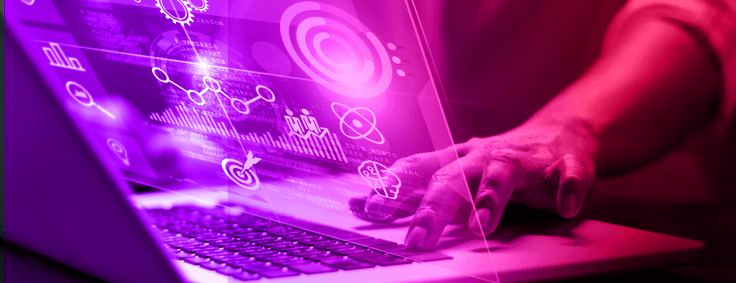
I believe that we are in a fascinating era of technology and that every generation before and after us will make the same claim! This is the era of data.
My first introduction to the term Data Science was in the early 2000s when I heard that the Data Scientist is the sexiest job of the 21st century. Several trends around data converged during that period:
- Big data was on the rise and it marked not only a gradual change in volume: behavioral data, unstructured data, click-streams, images, audio and video were unlike the information stored in systems of records.
- Digital native companies built businesses on these new data sources, creating FOMO in the traditional business world.
- Computer science was changing its focus from computation to data.
Data clearly had value beyond what most organizations traditionally derived from it. The digitally transformed organization was going to be a data-driven organization; data scientists were the rockstars making it happen.
Fast forward to today.
A new form of artificial intelligence—task-specific, data-driven AI—has augmented human capabilities over the past decade. The Internet of People has evolved into the Internet of Things. Data are everywhere—any type, any volume, and any velocity.
Data becomes a way of life and that is a wonderful development in the digitally
transforming world, Data becomes a way of thinking, reasoning, understanding, and communicating. As someone mentioned at the beginning of the COVID-19 pandemic:
“The number of people who are looking at exponential curves has grown exponentially.”
Data are beautiful, but data alone do not change the world. It is through the decisions based on data that we affect the world around us. The connective tissue between data and decision is formed by analytics, machine learning, and artificial intelligence.
For a long time, the technology paradigm was to train us to consume more technology. We live in a world of technology-literate people who know how to build and deploy technology for others, and know how to use it.
Like few other domains, data processing is amenable to automation and to training. If you can build systems based on training (learning from) data, then maybe we can train technology based on automating data.
Is it time to turn the relationship around, and build people-literate technology? Technology that understands what we need and delivers that for us. The burden to translate intent moves from the user to the computer. Technology works for us and augments us.
In this vision of the future, the traditional role of the CIO fades. The true information officer in the organization is the Chief Data & Analytics Officer. The data scientist will not be automated away, but part of her job today will be hidden in plain sight. If we can recommend which refrigerator to buy, we can recommend and automate table joins, data quality, and data integration.
The data scientists of today are writing the future of what data-driven technology looks like. Their job as I see it is to empower society and to design what they create so that those who are not data scientists can explore and interact and learn from data. In return, the contribution and responsibility of data scientists will be elevated to something absolutely essential: running the business with data.
Now that might actually be the sexiest job of the 21st century.





